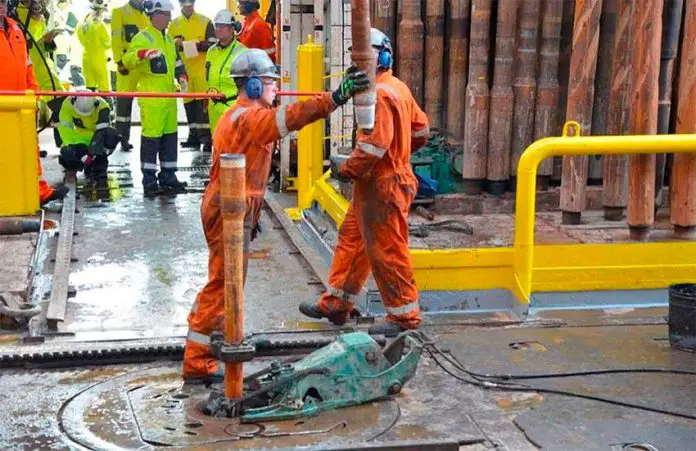When president-elect López Obrador takes office on December 1 there will be no welcome gift from the state oil company. In fact, he will get an unwelcome gift from Pemex: an increasingly expensive pension plan with more than 107,000 recipients.
Each of the 107,249 former Pemex employees on the company’s pension plan receives on average 35,574 pesos (US $1,833) per month, which adds up to a monthly bill of more than 3.8 billion pesos (US $196.7 million).
Just under 30,000 of the retirees concluded their service during the six-year administration of President Peña Nieto.
Between January and August of this year, 2,180 Pemex employees lodged their retirement applications including company drivers, debt collectors and technical and medical staff.
Information submitted by the state-owned company to the National Transparency Platform shows that the current government has implemented a strategy aimed at cutting the size of the Pemex workforce in which employees as young as 55 were encouraged to retire.
All of the ex-employees will continue to be entitled to the same pensions regardless of any changes that are made to current federal labor laws, the newspaper El Universal reported.
Such has been the extent of the pension payroll growth that Pemex is now paying almost as many retired workers as current employees.
According to information sent to the Mexican Stock Exchange, the state oil company has 128,505 workers in active service.
During the first eight months of 2018, those employees cost Pemex almost 57.8 billion pesos (just under US $3 billion) in salaries and benefits.
In the same period, retired workers received more than 40.4 billion pesos (US $2.1 billion), according to the federal Finance Secretariat.
By the end of the year, Pemex will have paid out almost 64.9 billion pesos in pensions, over 10 billion pesos (US $516.8 million) more than last year.
The ballooning cost of Pemex pensions contrasts with López Obrador’s plan to reduce government expenditure.
Under the incoming government’s austerity plan, the salaries of lawmakers and other government officials will be reduced and the future president has said he plans to sell off the presidential plane and largely eschew personal security among other cost-cutting measures.
Source: El Universal (sp)
